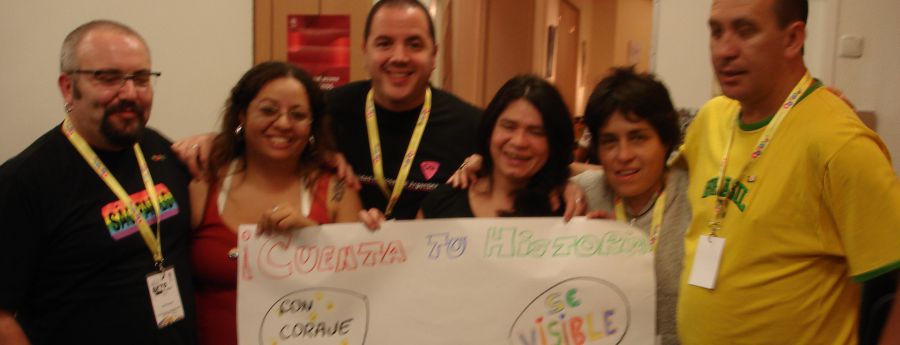Organize yourself
Cooperation is essential for a successful strategy to improve the situation of DESPOGI students.
Need for cooperation
Without cooperation between DESPOGI activists, the education sector itself and the government, the quality and impact of the strategy will be very limited.
A campaign or curriculum solely developed by activists will have a limited quality. It may lack the expertise of how it can be imbedded in regular lessons, how it is usable for teachers and attractive for students. It will probably have limited dissemination. LGBTI organizations usually have budget for large scale dissemination. In addition, teachers may consider that the product is not official. They may be afraid of negative responses of students or parents.
Resources and strategies only developed by the government or by schools may lack quality because they are not enough aware of the real situation and needs of DESPOGI people.
For high quality, wide dissemination, usability and real impact, an intensive cooperation between LGBTI activists, the education sector and the government is necessary.
Create a Strategic Sexual Diversity Education Committee
GALE advises to create a Strategic Sexual Diversity Education Committee (or GALE Committee) in each State or educational district. The goals of such a committee should be:
- to bring essential stakeholders together
- to make a joint assessment of the situation
- to plan a joint strategy
- to implement the strategy
GALE is developing a GALE Committee Guide to assist creating such committees. The Guide will appear in the summer of 2015.
Overcoming challenges
The ideal to have an intensive cooperation between LGBTI activists, the education sector and the government is often not feasible. In such cases, it will be necessary to start the committee with whoever is willing and available. Maybe a committee starts with only LGBTI activists. Such a committee could be strengthened with participation of advice of some allied experts from the education sector. The committee can ask informal advise of friendly government officials who advise off the record. Still, the long term intention should be to really involve all sectors as real stakeholders who work with equal input on a joint strategy.
It is tempting to start working on a concrete product and on visibility of LGBTI people. However, this is a risky strategy. First, the concrete product will not be based on an analysis of the real needs and opportunities. This means that a campaign, curriculum or student support intervention may not be adequate enough to reach the goals or target groups. A needs assessment is essential. In a needs assessment DESPOGI students (not openly LGBTI students) need to be involved. When the strategy is targeting presumed heterosexual students, teachers and principals, they also need to be involved in the needs assessment.
Cooperation between LGBTI activists, the education sector and the government can be challenging. Each sector has different interests, limitations in expertise and power. These interests may compete and need to be negotiated. Each sector uses a specific language jargon. It may be that the same words are understood differently by different partners. A joint vision and language needs to be agreed on. For example, activist may want to combat homophobia, lesbophobia, biphobia and transphobia , while school principals may want to create a safe learning environment and the government would prefer to speak of promoting social inclusion.


